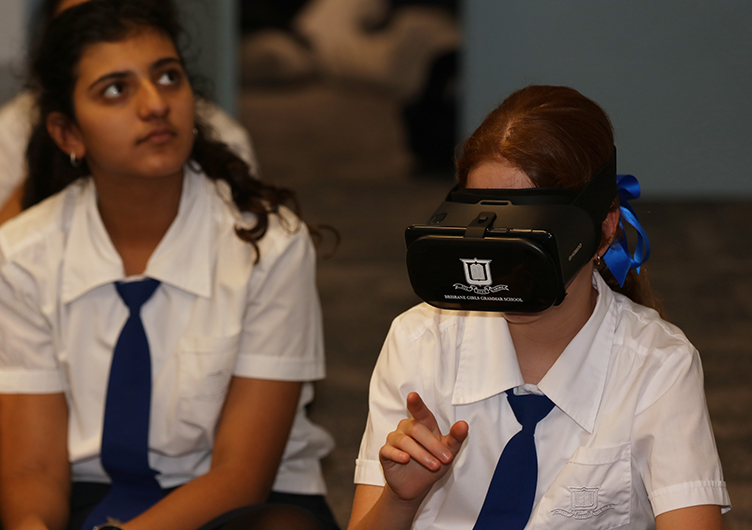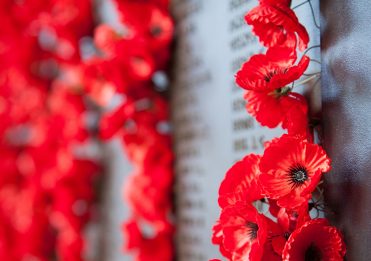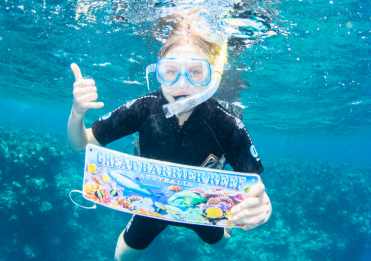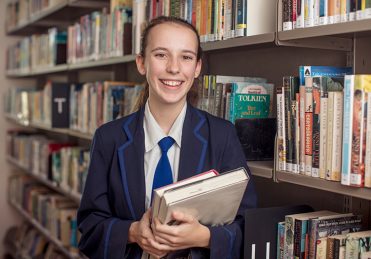Earlier this year, the decision was made to invest in Virtual and Augmented Reality (VR/AR) technology that could be readily deployed to a range of curriculum areas to support the wonderful learning experiences taking place in our classrooms. These devices came online in Term 2 this year. Anna Flourentzou (Head of Subject—Year 7 Humanities) and I worked together to provide the Year 7 cohort opportunities to use technology to launch their Term 2 Geography unit, Water in the World.
The outcome was delightful. The students were so engaged in the learning, and the enthusiasm was clear for all to see. It wasn’t long before the word spread, and students were asking their teacher, ‘When is it our turn?’
This is an exciting first step in what will become a more common practice over time. These devices are slowly being adopted into our homes and will be commonplace in the coming years. Many within our wider community already use VR/AR technologies in industry, as these are common training and simulation tools for Medicine, Mining, Engineering, Architecture and Property, to mention just a few.
This experience certainly made learning visible. Students exclaiming delight over their discoveries, observations and the connection to their coursework was ever-present in the room. Over time, these students won’t just consume these virtual experiences but will look to become creators of them, opening up an exciting new way for them to share their knowledge and understanding.
Mr Shane Skillen
Head of Learning Innovation and Design
As Head of Subject—Year 7 Humanities, my goal is to foster students’ curiosity about the world around them. If we want students to be deep learners, they need to have a sincere engagement in what it is that they are learning.
This term, Year 7 Humanities students began their second Geography unit for the year: Water in the World. This unit focuses on water as an example of a renewable environmental resource. Students are asked to consider questions such as:
- What is the water cycle?
- How much water is available for human consumption?
- How is water managed carefully so that current and future populations can have adequate supplies?
These are big questions for a Year 7 student to contemplate.
To help students appreciate the preciousness of water, they have been incredibly lucky to have access to Virtual and Augmented Reality (VR/AR) technology. Each class was taken into the virtual world of the hydrosphere. Students were guided through various virtual worlds, engaging with clouds, precipitation, oceans (including a close encounter with a shark), the journey a river takes from the mountains out to sea and groundwater. It is hoped that this experience will be one students will remember, and has served to extend their understanding of water as a valuable and vital resource.
Ms Anna Flourentzou
Head of Subject—Year 7 Humanities
Student Reflections
‘Although this Humanities lesson was different to others I have experienced so far at BGGS, I learnt so much about how water in the world works because of the different perspective the Virtual Reality (VR) gave me. It allowed me to practically experience, visualise, and understand the journey water takes and the impacts on the environment around it. During this lesson, I learnt how water affects the human population and the interaction with animals and vegetation within, and around, those water bodies. One of the things that I loved most about the VR lesson was that I have never experienced anything like it, in or outside the classroom.’
—Lucy Wille (7R)
‘I found the Virtual Reality (VR) Humanities lesson a great experience, as it was hands-on and helped me visualise how water in the world works and the different processes of the water cycle. I liked how the headset immersed me in the animations, so I felt like I was part of the landscape. I felt I learnt more as our teacher directed us to certain parts of the VR experience and could explain it to us as we went along. It helped me understand the context of the new concepts we are studying in Humanities this term. It was a new and exciting experience!’
—Emily Wille (7R)

Year 7 students using virtual reality devices




